|
Over the course of this term, SENCOs have been meeting with Across School Lead, Libby Hainsworth, to collate the anonymized learner needs and support for our ākonga, across our cluster of schools. In our recent hui held on 25 March, we came together view the pooled data of our primary schools and intermediate. This hui has begun the process of identifying patterns of strengths and needs across our schools and identifying what other information do we wish to glean in our analysis of the data. In our next hui which will be held early in term 2 we will look deeper into the pooled data, which will include that of our college.
0 Comments
We were pleased to have attendees from five out of seven schools and the participation and contributions of the group strongly set the path for how we can respond to our challenges:
We began by exploring stories of how we foster the competencies of managing self and thinking in the classroom and then created a visual pathway of the stories from year 0 to year 10. A hexagon exercise offered the opportunity to unpack definitions of our collective understanding of key competencies, capabilities for learning, learning habits, learning dispositions, and values. And a jigsaw reading exercise provoked us further in our quest for common understanding. The slide show from the session has links to the readings for the jigsaw exercise. We are looking forward to continuing our discussion about the capabilities for learning over the course of the year.
This week, we brought together our WSLs, ASLs and members of their Senior Lead Teams to begin to explore aspects of leadership. Building on feedback from last year, we are strengthening our leaders' ability to effect change with their colleagues through their inquiries and projects. Supported by Evaluation Associates, we began this year with a hui that focused on relational trust as a foundation for leading change. "Trust is the connective tissue that holds improving schools together" With this key idea from Bryk and Schneider in mind, and with our own rich experiences and prior knowledge to the fore, we:
“I’ve learned that people will forget what you said, people will forget what you did, but people will never forget how you made them feel.” Maya Angelou
A big thank you to all of the participants in this session. A big shout out in particular to Ashwini from Capital Montessori Preschool of our ECE community. Great to have everyone together. To frame up this session, and to put this in the context of future sessions we looked at Stephen R. Covey’s Circles framework. The complexity of our circle of concern raised questions about the challenges facing schools, and teacher capacity – this is a demanding job with lofty aspirations and can be a heavy load to carry emotionally. Some great questions emerged considering the importance of relational practices within our wider communities, and the challenge of ‘how to build relationships whilst doing the work?’. The tensions between the wellbeing of teachers and students, alongside organisational constraints, are big questions that will be good to explore further in future sessions. The groups discussed the relationship between our own behaviours (what we have control over) and intrinsic influences. How teachers and students manage themselves relationally within the classroom are influenced by a variety of factors. Hidden values and personal belief systems, emotional states and thoughts all influence behaviours. Teachers (and students) are also often triggered emotionally by the behaviours of others. The group looked at Nathanson’s (1992) ‘Compass of Shame’ and how the behaviours we exhibit, or see in students, are often ‘the acting out’ of responses to feelings of ‘shame’. With a greater awareness of some of the ‘warning signs’ we can be better placed to navigate these challenges with increased skills, kindness, and compassion. We rounded out the session by considering the shift from ‘Circle of Control’ to ‘Circle of Influence’ – a shift from teacher centred relationships to relationships between students. This has provided us with considerations to build into the next sessions around issues of exclusivity vs open inclusivity, creating opportunities for social connectedness, and some of the factors affecting individual students and their social isolation. The next session will offer an exciting opportunity to continue our journey towards building relational capabilities both for teachers and students. Titiro Whakamuri, Kōkiri Whakamua Looking back to reflect, in order to move forward
Thank you to everyone who attended the session - we appreciate your willingness to share ideas and to think critically about both our histories and our responses to them. For those who would like to dig a little deeper into the Doctrine of Discovery, or the documents we looked at - the link to the Presentation is here. We are looking forward to the ongoing journey of this Community of Practice and sharing our learnings with you all.
Popoia te kākano, kia puawai. Nurture the seed and it will blossom.
|
Our Termly NewsletterS2019 Retrospective
Archives
September 2023
|
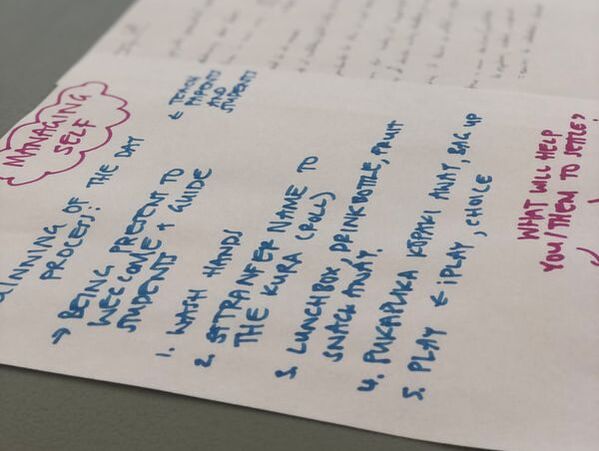
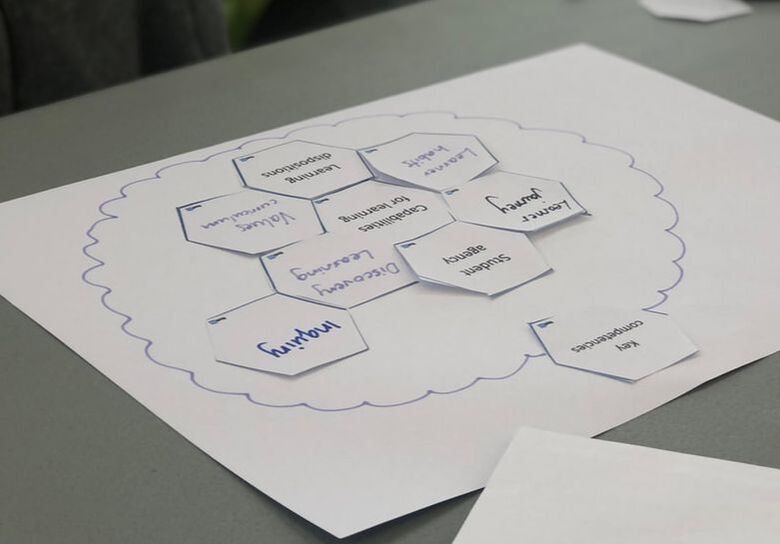
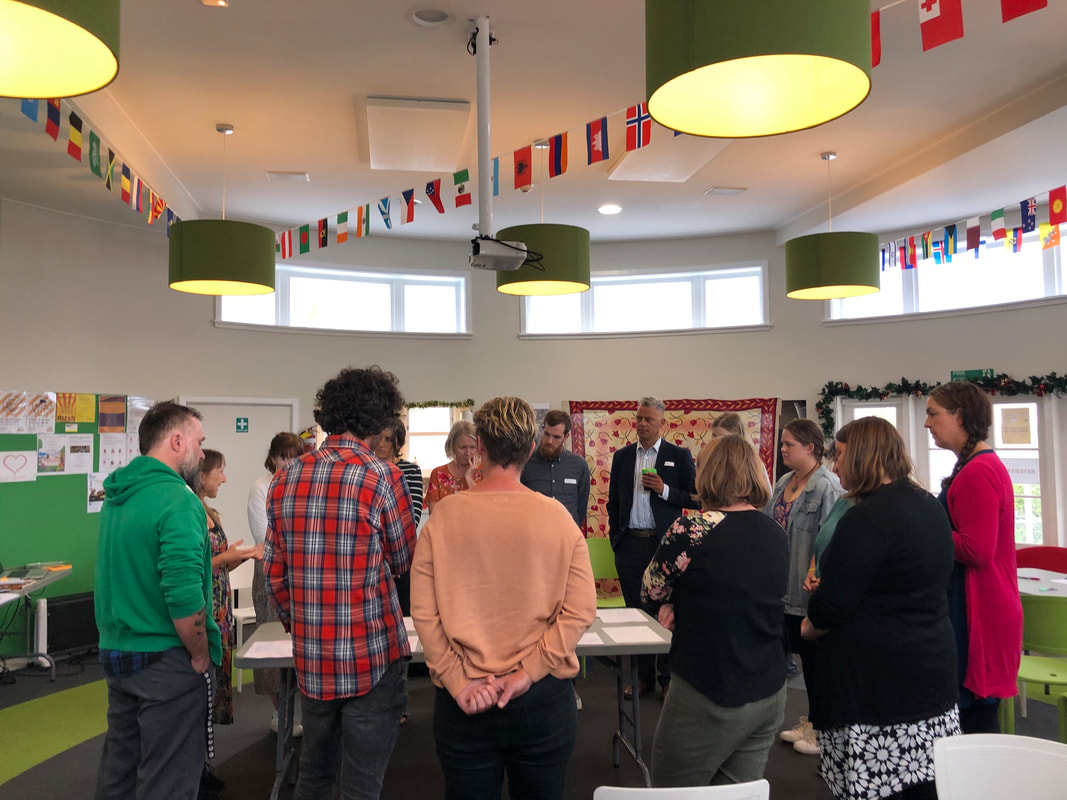
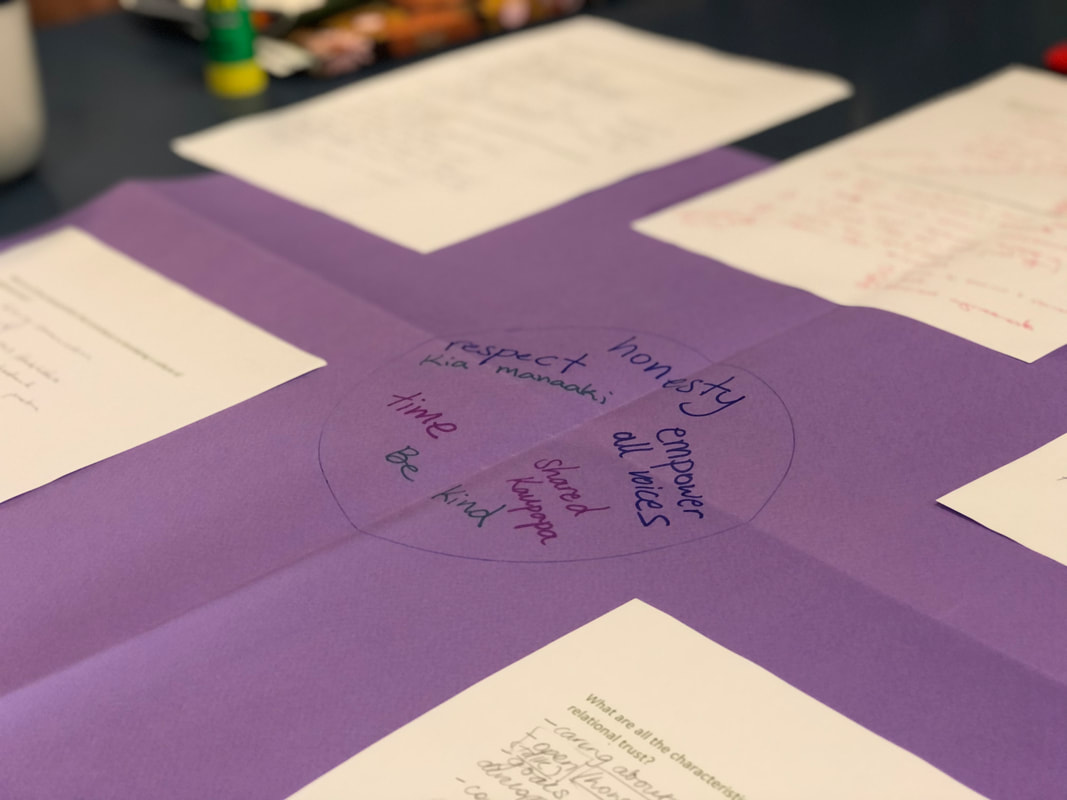
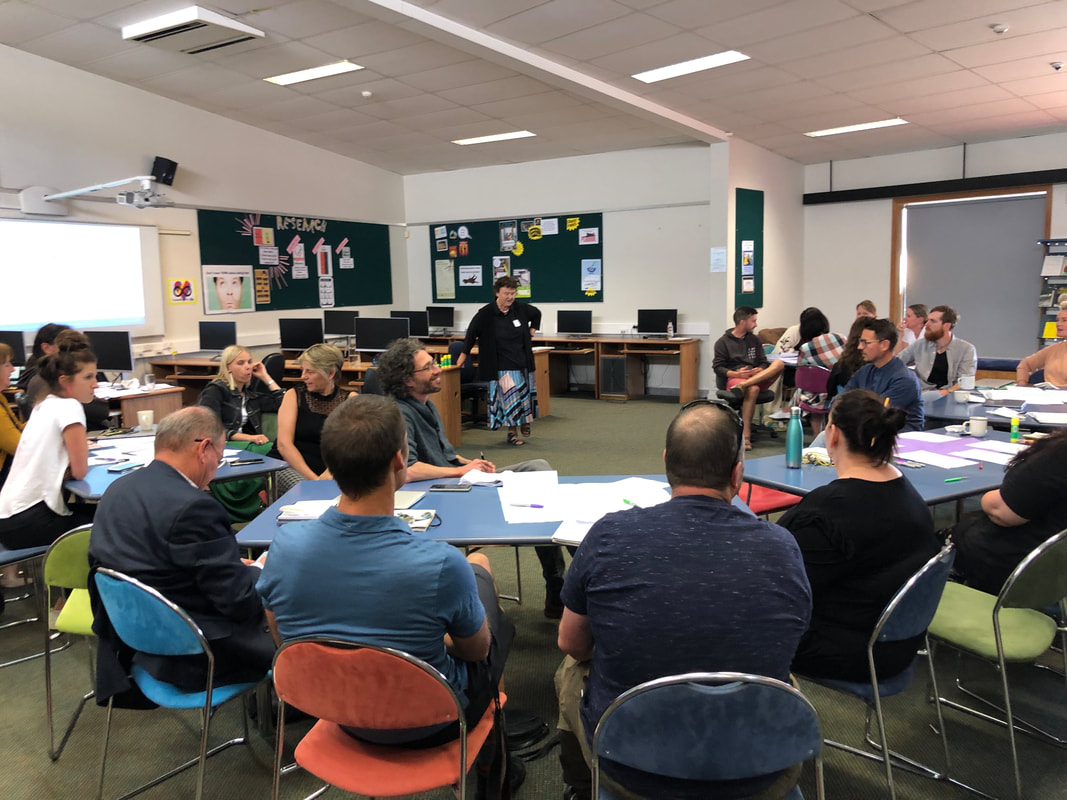
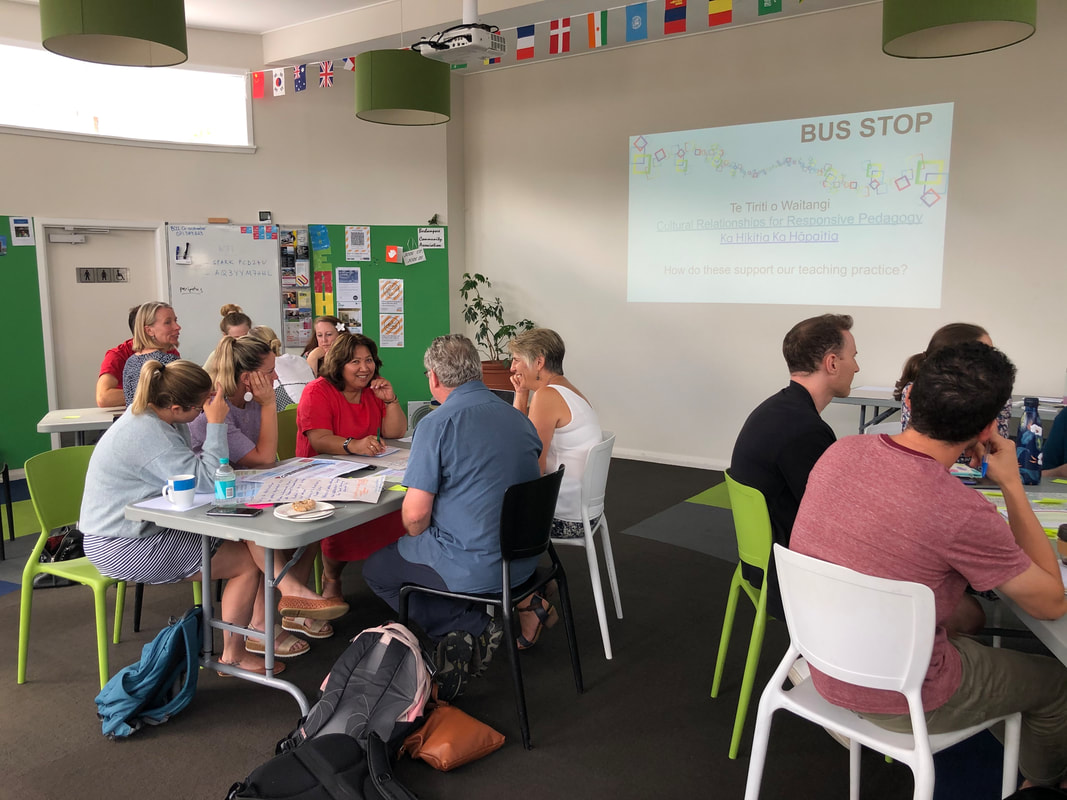
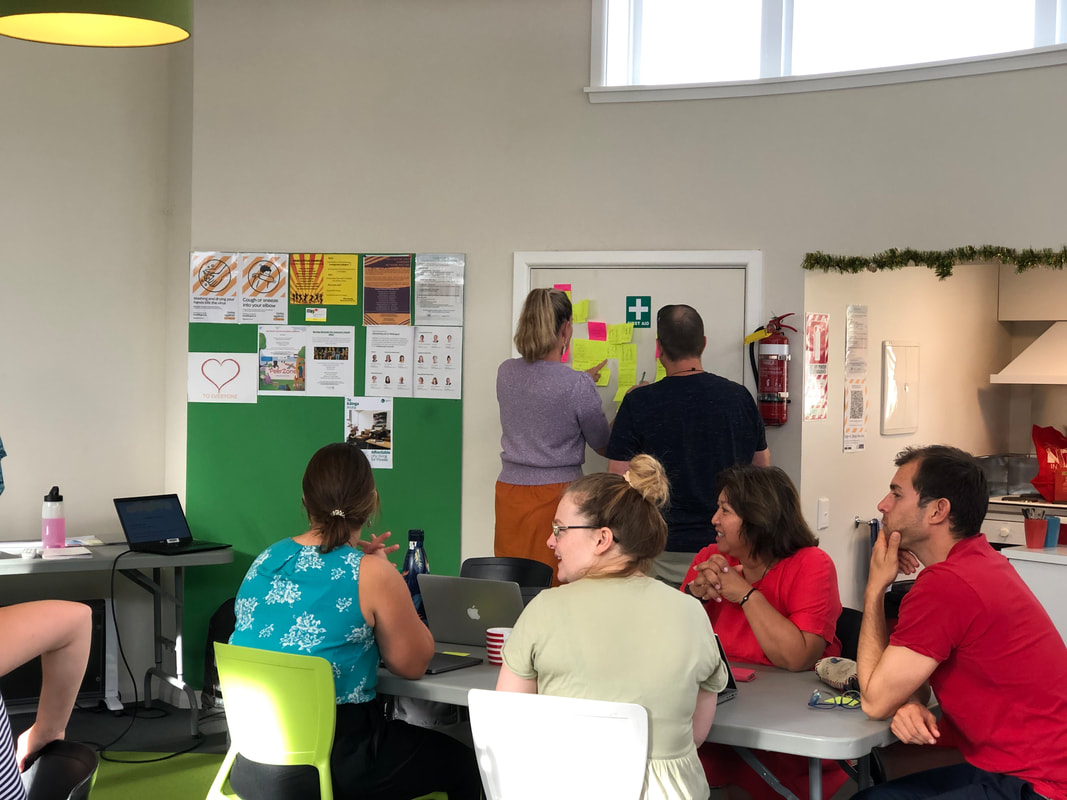
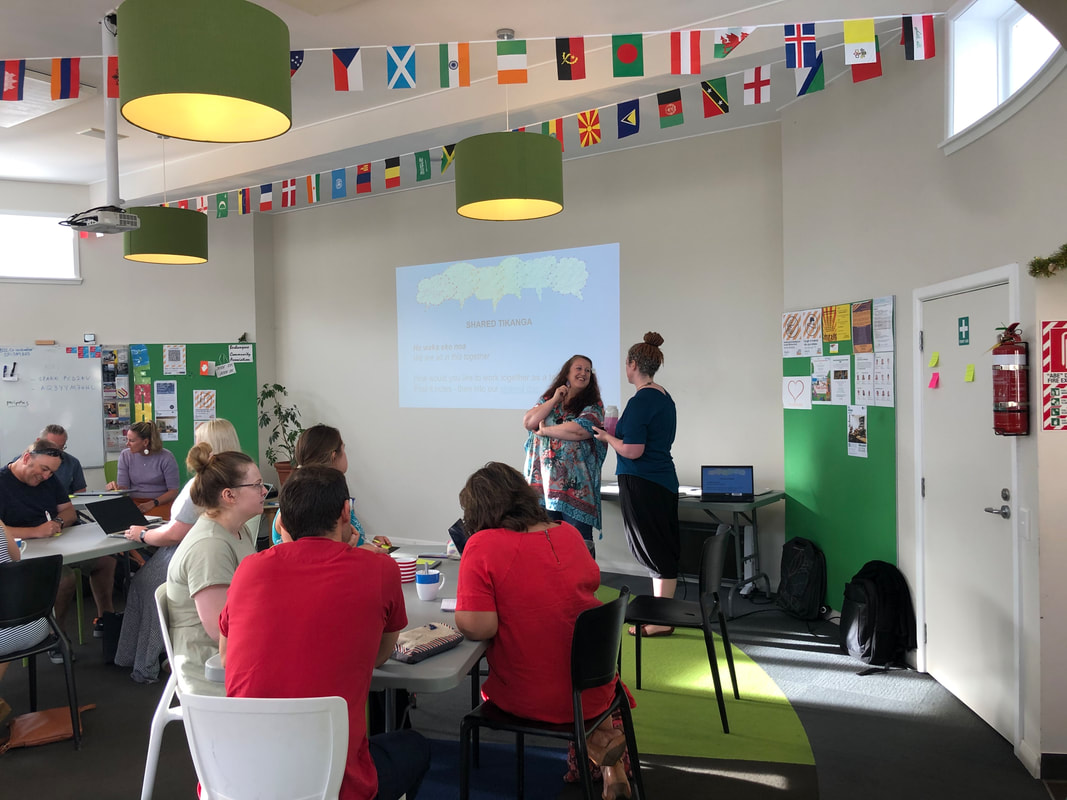
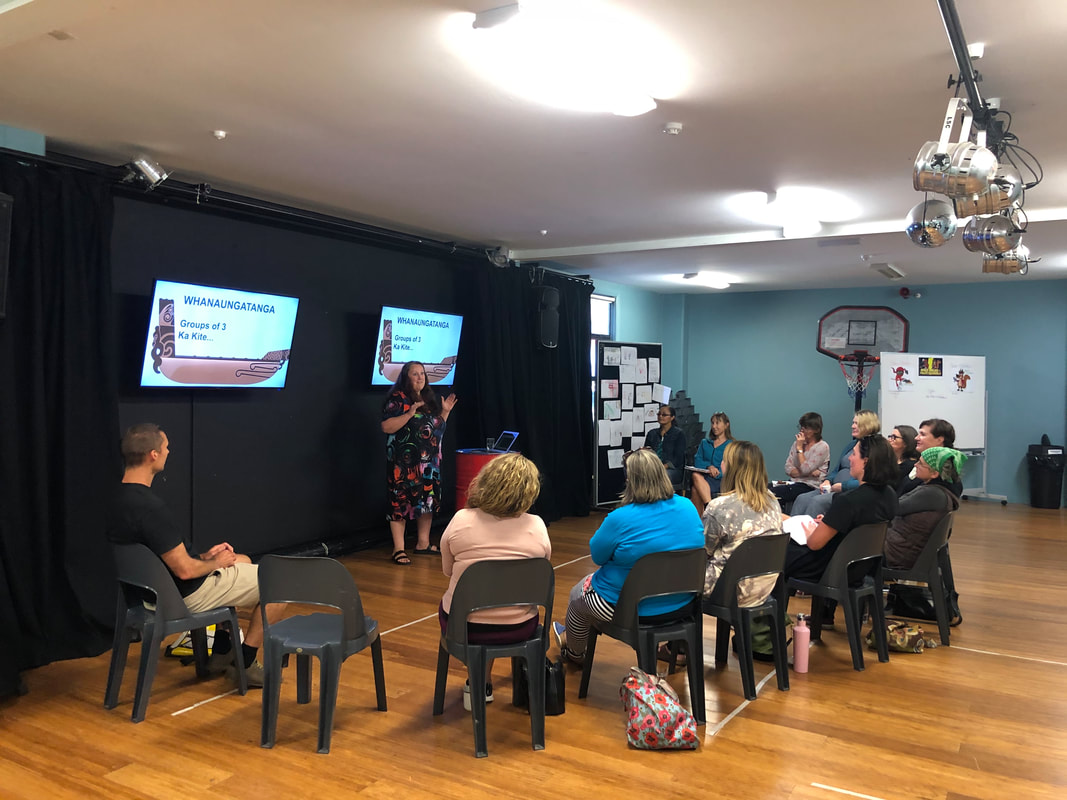
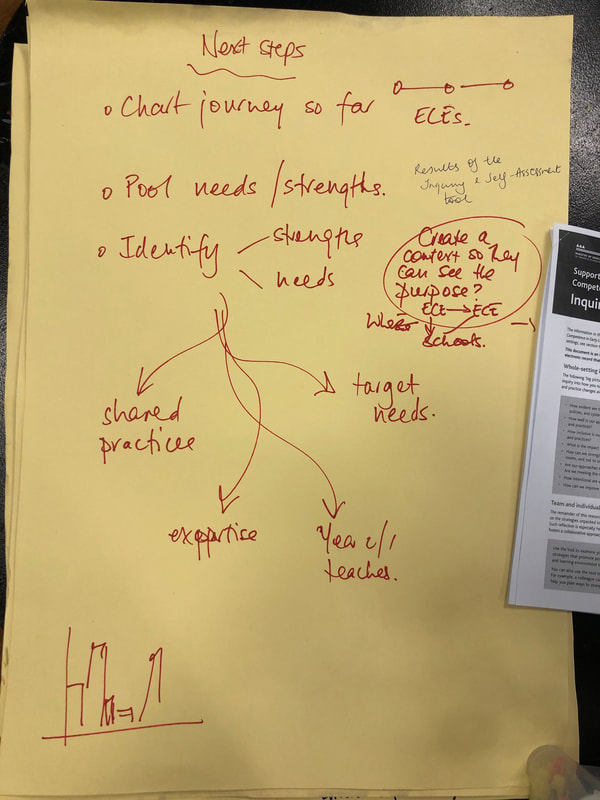
 RSS Feed
RSS Feed
